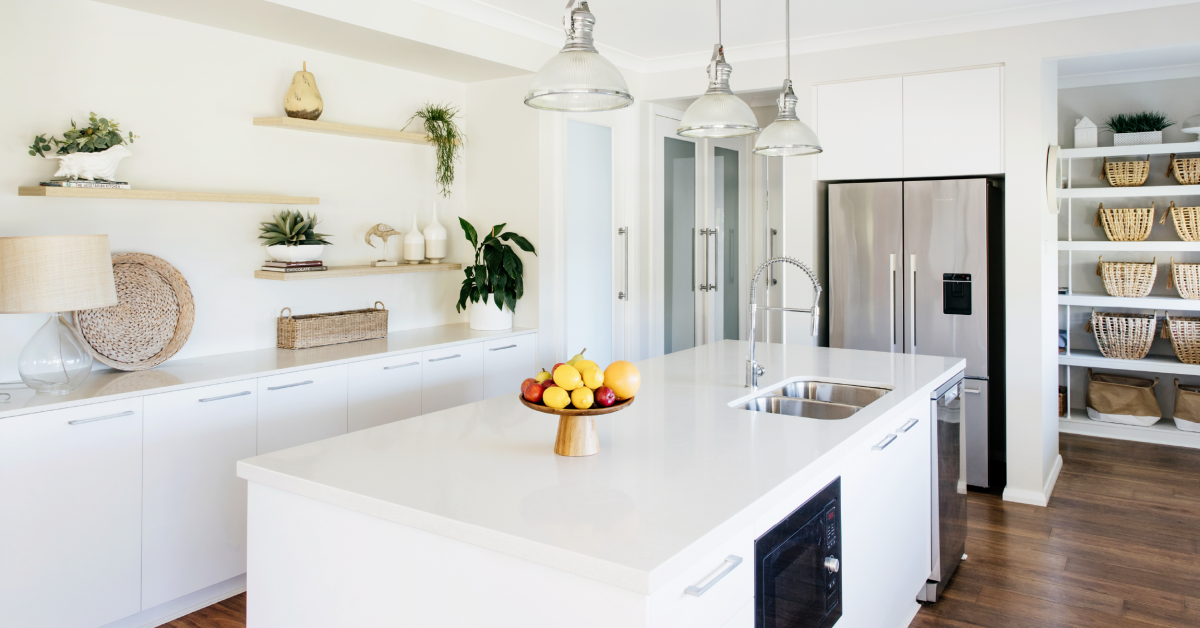Choosing between a fixed-rate and variable-rate mortgage is one of many important decisions borrowers need to make when taking out a home loan.
Both offer advantages and disadvantages that can significantly impact your financial stability and peace of mind.
Variable-rate mortgage
A variable-rate mortgage has an interest rate that your lender can move up or down at any time. Often, this is done in tandem with movements in the cash rate (which is set by the Reserve Bank of Australia), along with other economic factors.
Pros
- Your interest rate could fall if the cash rate decreases.
- Variable rates are often lower over the long-term than fixed rates.
- You can usually make extra repayments without incurring penalty fees.
- You may have access to offset accounts and redraw facilities.
Cons
- Your interest rate could rise if the cash rate increases.
- If interest rates go up significantly, you could end up paying a lot more interest than if you had a fixed-rate loan.
- Unpredictable rate changes can make it hard to budget.
Opting for a variable-rate mortgage could be a smart choice if you expected interest rates to trend down over the next few years.
Fixed-rate mortgage
A fixed-rate loan has a locked-in interest rate that will not fluctuate. However, this rate is set for only a limited period (often one to five years).
Pros
- You know exactly what your repayments will be.
- You won’t need to worry about sudden rate hikes.
- You can budget accurately.
- By fixing your rate during a period of rising interest rates, you can benefit from lower repayments for longer.
Cons
- The average fixed rate may be higher than the average variable rate.
- You won’t benefit from lower repayments if interest rates fall.
- You may not be able to make extra repayments on your loan.
- You may incur fees if you refinance while the fixed-rate period is still in place.
- You may not have access to offset accounts and redraw facilities.
- You could face a significant hike when your interest rate reverts to variable at the end of your fixed-rate period.
Opting for a fixed-rate mortgage could be a smart choice if you wanted budgetary certainty or you expected interest rates to trend up over the next few years.
Split loans
A split loan is a mortgage that has been separated into two portions, one of which has a fixed interest rate and the other a variable rate. This option could be a smart choice for borrowers who want the best of both worlds – the security of fixed rates with the flexibility of variable rates.
Which option is best for you?
There’s no one answer to this question – it depends on your financial position, your goals and your risk tolerance.
It’s a good idea to speak to your Loan Market broker for more personalised advice.






